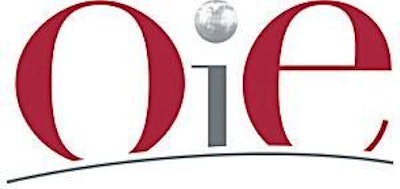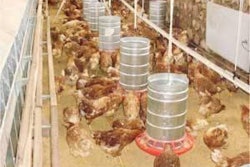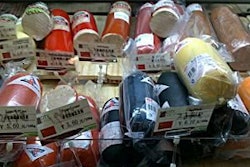
The World Organisation for Animal (OIE) was created by international agreement in 1924 as the Office International des Epizooties, changing to its current name in 2003.
It is an intergovernmental organization responsible for improving animal health worldwide. Recognized as a reference organization by the World Trade Organization (WTO), it currently has a total of 175 member countries and territories.
The OIE maintains permanent relations with 38 other international and regional organizations and has regional and sub-regional offices on every continent. It is placed under the authority and control of the World Assembly of Delegates, which comprises of delegates designated by the governments of member countries.
Headquartered in Paris, the OIE’s financial resources are derived principally from compulsory contributions, strengthened by donations.
The members of the OIE commit to report those animal diseases detected within their territories. The OIE then disseminates the information to other countries.
The OIE also collects and analyses latest scientific information on disease control, making it available to members along with guidelines.
Technical support is also provided to those countries requesting assistance with disease control and eradication operations. The OIE particularly offers expertise to the poorest countries to help them control animal diseases that cause losses, present a risk to public health and threaten other member countries.
Normative documents are also developed by the OIE covering rules that members can follow to protect themselves from the introduction of diseases and pathogens, without setting up unjustified sanitary barriers. OIE standards are recognized by the WTO as reference international sanitary rules.
Additionally, the OIE member countries have committed to provide a better guarantee of the safety of food of animal origin by creating greater synergy between the activities of the OIE and those of the food standards organization the Codex Alimentarius Commission. The OIE’s standard-setting activities in this field focus on eliminating potential hazards existing prior to the slaughter of animals or the primary processing of their products.
For more information, visit: www.oie.int




.jpg?auto=format%2Ccompress&fit=crop&h=167&q=70&w=250)












